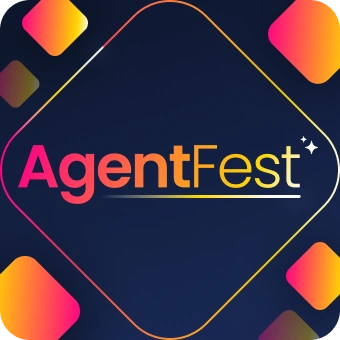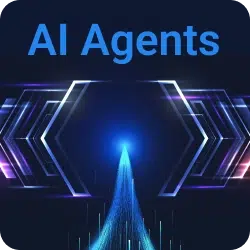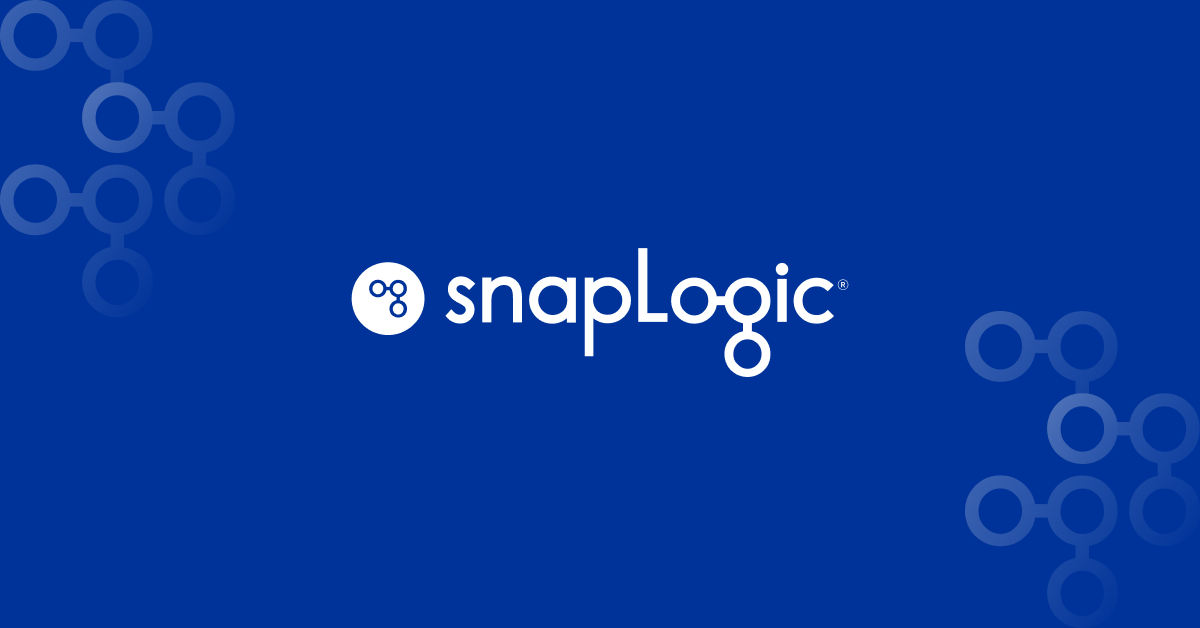Last week, as I was debating on how best to assist the victims of Hurricane Harvey, donating to a relief fund seemed to be the easiest choice. But, time and again, non-governmental organizations (NGOs), and other charitable organizations have come under scrutiny for allocating funds to administrative purposes more than the actual causes themselves. How does one make sure that the money they donate is specifically being used for this cause?
Then, over the weekend as Hurricane Irma was desecrating Florida, the identity of 143 million Americans was also violated by the security breach at Equifax. With a massive scale exploit like that, what does the future mean for everyone in terms of their personal credit histories, identity theft, fraudulent transactions, etc.? What should we believe in anymore?
In the situations above, my questions are based on one fundamental factor – TRUST. Today, do not have transparency and a clear accountability of a lot of what happens within our businesses and our individual dealings with external businesses. For example, a product claiming to be “Organic” or GMO-free can only be trusted as far as its label. As a consumer, we do not go to a lab and verify its authenticity. What if there was a way to ensure its authenticity from source, through manufacturing, packaging, shipping, and replenishing the store? In the donation and security breach scenarios above, what if there was a way I could track how my $1,000 was being spent on actual relief efforts? Or what if a person’s credit history could be the irrefutable truth of only their own financial activities with absolutely no way to tamper with it?
There is a solution now – blockchain. If you haven’t heard that term, maybe you have heard of Bitcoin or Ethereum. The intent of this post is not to be a primer on blockchain or cryptocurrencies, but to discuss the possibilities of actual applications of blockchain beyond cryptocurrencies.
Blockchain is a secure, distributed ledger technology, originally designed for Bitcoin. It is an append-only data structure that offers complete tracking and auditability of all transactions without any third party to mediate any of this. Even though Bitcoin itself may fail for a multitude of reasons beyond the scope of this post, blockchain has evolved as a base for a lot of other cryptocurrencies and also as something valuable that could be adopted for various use cases across multiple industry verticals. We are in an early stage, so where can we go from here?
Here are a few potential applications for blockchain:
- Tracking charitable donations: The very nature of blockchain being totally transparent and trackable could help me understand how my donation is being used. It benefits the NGOs too by being transparent with their donors and patrons.
- Ensuring food quality from farm-to-table: Blockchain could help track any contaminants from source to consumer all the way through the ecosystem. Both Nestle and Walmart are already early adopters in this space and will be leveraging blockchain to ensure safety in the food chain.
- Providing identity management and authentication: Blockchain can enable individuals greater control over their identity – determining who can access their personal information and tracking when/how they do it. Your credit history will be consistent and credible and you can live without the fear of identity theft (ideally). There are dozens of companies that have already sprung up in this space, offering a range of solutions. Check out Blockstack, UniquID, and others.
- Managing property ownership: Real estate and related areas are ripe for blockchain adoption where property ownership tracking, audit trails, and records are critical to doing business. Tamper-proof records allow for total transparency for recording, tracking, and transferring deeds. Title and mortgage companies stand to gain from blockchain usage immensely.
- Empowering SMB e-commerce: OpenBazaar.org is a peer-to-peer e-commerce marketplace powered by blockchain. Completely decentralized, it has no middlemen and so, no fees or no restrictions, which is truly changing the dynamics of how we conduct business. Imagine the impact this can have on the SMB market.
- Enhancing supply chain visibility: One of the biggest business challenges that large enterprises deal with in their supply chain is visibility into their pick-pack-ship process. Getting a blockchain framework to provide the end-to-end visibility is ideal. However, the key challenge would be to get the ecosystem of producers, manufacturers, suppliers, distributors, 3PL providers, resellers, partners, and customers to be on the same blockchain. Once that buy-in happens, then the possibilities of extending the benefits of blockchain go beyond into vendor-managed inventory (VMI), automated replenishment, and so on.
- Innovating energy trading and management: Extend the decentralized marketplace idea to SmartGrids and power exchanges. Now, you have robust and innovative use cases for energy trading, production, consumption, energy credits, automatic rate-negotiating devices, etc.
- Improving shipping/logistics: International shipping trade involves a seriously worrying amount of paper trails spanning sales contracts, charter party agreements, bills of lading, letters of credit, customs, security, and other documents. And there are way too many stakeholders, such as shippers, banks, port authorities, freight carriers, brokers etc., involved. If you are trying to track any change or detail in the paperwork, good luck! Blockchain can maintain an entire audit trail of who changed what during the whole process. Check out how Maersk tested out blockchain for shipping insurance.
- Making healthcare record-keeping more efficient: With every technology innovation in healthcare, we have privacy advocates crying about protecting patient data. I’m sure that they will do the same for adopting blockchain too, given that it is a public ledger system. However, once we figure out appropriate regulations and compliance for this, we can start reaping the benefits of using blockchain to maintain patient medication history, treatment history, billing, insurance claims, etc.
- Easing up big pharma/biotechnology processes: Similar to the healthcare space, with blockchain adoption comes the need for some regulations here as well. However, the applicability of blockchain and its benefits far outweigh the challenges. For example, tracking the aggregate spending of any pharma company for any drug across healthcare providers, doctors, etc. is a major challenge today. But, with blockchain, pharma companies can provide that visibility easily to adhere to aggregate spend rules enforced by the government.
Blockchain is still evolving and is yet to mature. There are still concerns around speed, potential security risks, etc. Yes, in spite of the highly complex hash algorithms, we could still have one rogue set of humans in the network who could cause palpable damage to the system. But, given the absolutely bleak set of alternatives enterprises are facing, blockchain is definitely showing a lot of promise as a viable trust-based solution for the future.
In a subsequent post, I will discuss the implementation angle of blockchain and how it connects with integration and APIs.











